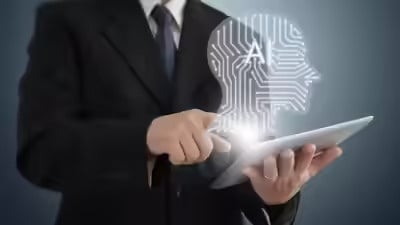 |
Overuse of AI could lead to a loss of professional skills. Photo: Times of India . |
Artificial intelligence is becoming more present in the daily lives and work of many people. According to a newly published report by Azumo, up to 50% of employees use this technology at work, up from 32% compared to last year.
While AI can help speed up tasks, it can also reduce the user’s technical skills. There is a growing body of research that suggests that consumers are losing their ability to think and make decisions when they rely too much on technology.
The opposite effect of using AI
A decline in capacity has long been predicted as a consequence of the development of science and technology, especially in recent times when artificial intelligence has increasingly done more. In that context, scientists have raised concerns about the impact of AI on users' professional skills.
Most studies say that the decline in performance when using generative AI is a common occurrence. Based on the aggregate information, Kevin Crowston, Associate Professor of Information Studies at Syracuse University, believes that AI can both enhance and diminish human performance (deskilling). However, the latter scenario is more common.
This happens when AI takes over the majority of the work, especially if humans only do editing or supervision, without engaging in creative, in-depth analysis. Customers will have less opportunity to think, an important step in reviewing and developing skills.
This phenomenon is similar to the period of industrial automation and the widespread use of computers. If 20th-century machines assisted with physical work, today's AI is gradually replacing the human brain.
Whenever people use AI, they are trading convenience and immediacy for the opportunity to exercise their brains. MIT research found that students who used ChatGPT to write essays were rated as less in-depth and independent in their thinking than those who used Google search or no assistance.
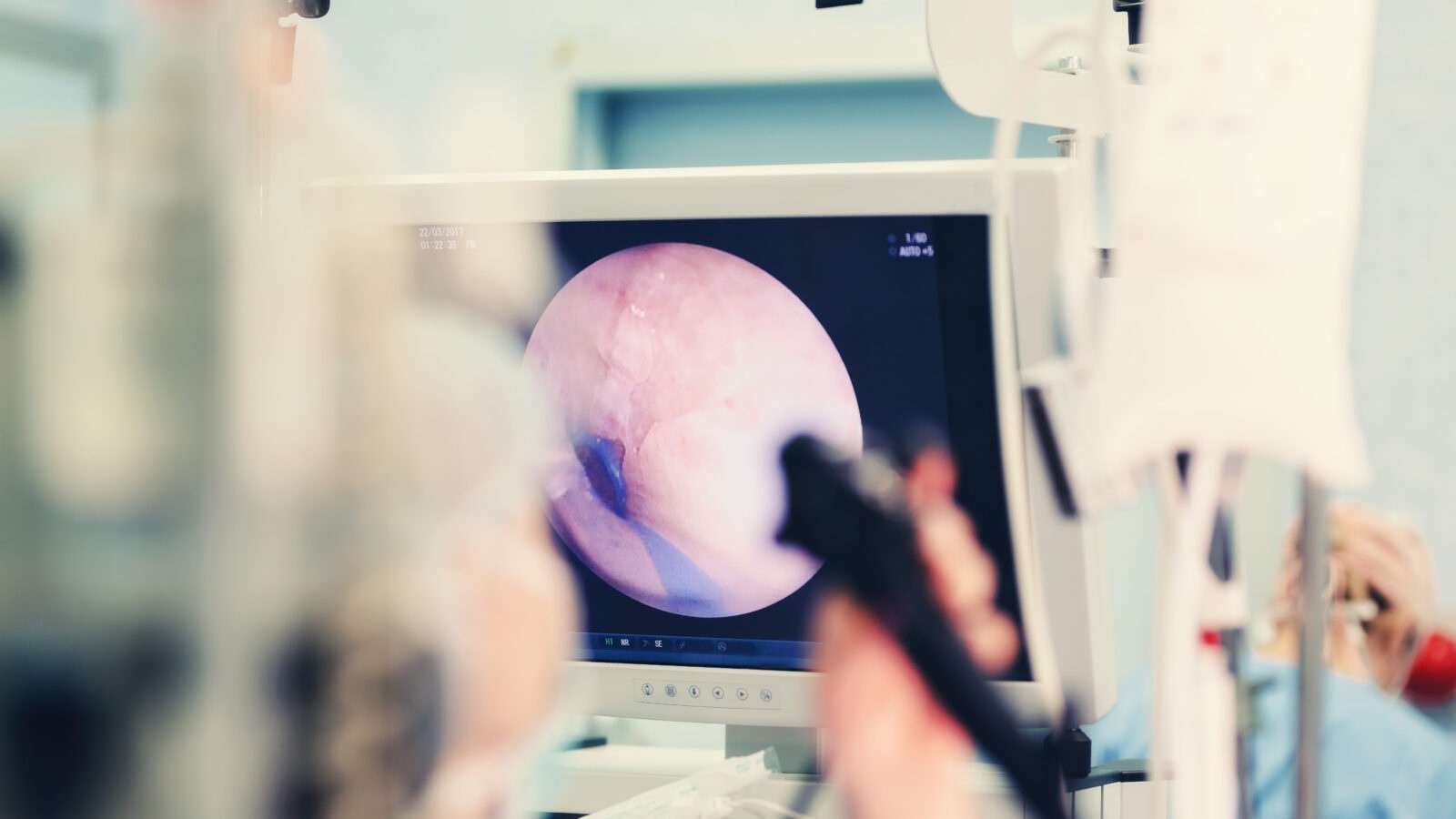 |
Using AI reduces doctors' ability to diagnose. Photo: Adobe. |
Recent studies also show that deskilling is more common in people who are educated or have jobs that require higher skills. In medicine , when using AI to assist in diagnosis, doctors who are used to relying on AI to make decisions gradually lose their professional skills.
In a study published in the Lancet, endoscopists in Poland who routinely used AI had a lower rate of detecting precancerous tumors than doctors who made manual diagnoses.
Using AI the right way
Not all AI applications lead to deskilling. According to Crowston, if AI is built to assist, not replace, users may still have to develop skills in evaluation, debugging, and judgment.
Tools should only be used to suggest or sketch out prototype ideas. Users should get into the habit of analyzing, questioning, and challenging the AI output. Ask “why does this expression make sense?”, “is there any data to support it?”, instead of just copying.
To do this, you need to have a deep knowledge of the field, as well as the technology being used. According to Mr. Ho Quoc Tuan, Senior Lecturer at the University of Bristol, like other tools such as Excel, Stata, Python, Matlab, there is nothing wrong with using AI, the important thing is to have a deep understanding of what you are using.
 |
Critical thinking is a necessary skill when using AI. Photo: Globalbiz Outlook. |
Each chatbot has its own strengths for each task. Use different platforms and workflows to avoid forming mechanical habits, as deskilling often occurs when you are familiar with only one suggestion model.
The important thing is whether the user understands what they are doing to give reasonable commands to AI. Mr. Tuan believes that AI products can easily fool non-experts, but can easily create a subjective mentality.
AI errors can be in 1% of presentations, especially in important, high-precision work, where expert judges will focus on every single digit. Errors can reveal ignorance, lack of preparation, and affect costs or business reputation.
Finally, note that AI can fabricate sources or misquote facts. Mr. Dao Trung Thanh, Deputy Director of ABAII Institute, said that he uses AI every day, from drafting outlines to summarizing documents, but always keeps the limit of not replacing humans in citations and conclusions.
After completing a task, evaluate what the AI did well and what needs to be improved. Thanh recommends that all citations be manually reviewed by humans. This process keeps the user learning alongside the AI, rather than being degraded.
Source: https://znews.vn/xuong-doc-vi-ai-post1595636.html


![[Photo] General Secretary To Lam received the delegation attending the international conference on Vietnam studies](https://vphoto.vietnam.vn/thumb/1200x675/vietnam/resource/IMAGE/2025/10/26/1761456527874_a1-bnd-5260-7947-jpg.webp)
![[Photo] Nhan Dan Newspaper displays and solicits comments on the Draft Documents of the 14th National Party Congress](https://vphoto.vietnam.vn/thumb/1200x675/vietnam/resource/IMAGE/2025/10/26/1761470328996_ndo_br_bao-long-171-8916-jpg.webp)


![[Photo] Enjoy the Liuyang Fireworks Festival in Hunan, China](https://vphoto.vietnam.vn/thumb/1200x675/vietnam/resource/IMAGE/2025/10/26/1761463428882_ndo_br_02-1-my-1-jpg.webp)

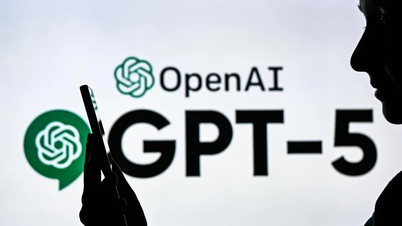

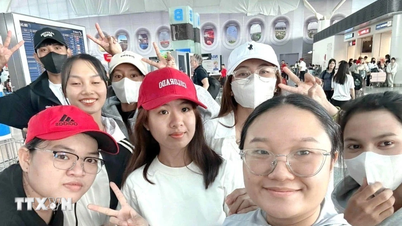
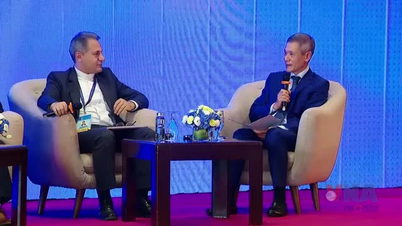
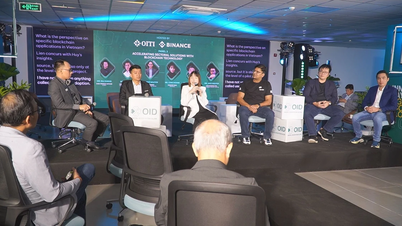
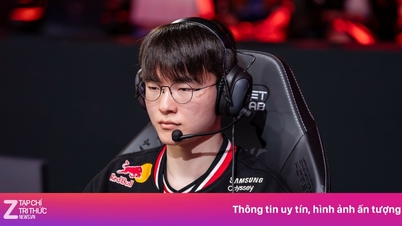
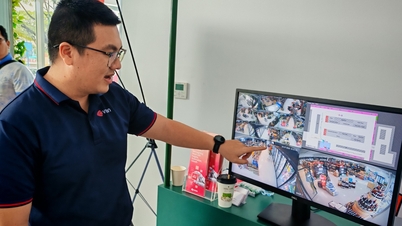











![[Photo] Prime Minister Pham Minh Chinh attends the opening of the 47th ASEAN Summit](https://vphoto.vietnam.vn/thumb/1200x675/vietnam/resource/IMAGE/2025/10/26/1761452925332_c2a-jpg.webp)











































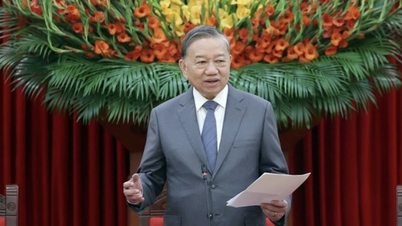





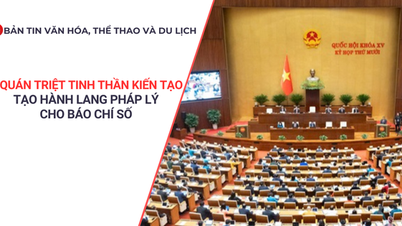

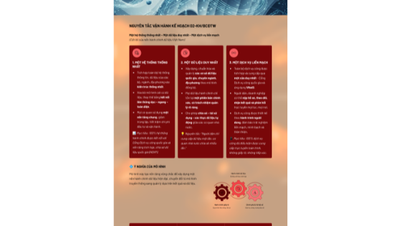




























Comment (0)